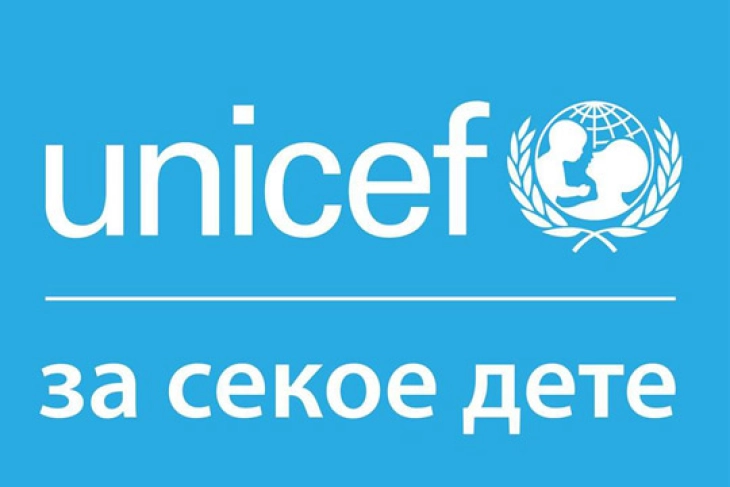UNICEF: Progress in inclusive education should be motivation to accelerate reforms
- Over the past four years - following the adoption of the Law on Primary Education (2019) - the number of students with disabilities attending mainstream primary schools has doubled, increasing from an average of four students per school in the 2019/20 school year to nine students per school in the 2023/24 academic year – according a new UNICEF Policy Brief: Inclusive Education in North Macedonia.

Skopje, 3 December 2024 (MIA) - Over the past four years - following the adoption of the Law on Primary Education (2019) - the number of students with disabilities attending mainstream primary schools has doubled, increasing from an average of four students per school in the 2019/20 school year to nine students per school in the 2023/24 academic year – according a new UNICEF Policy Brief: Inclusive Education in North Macedonia.
While the progress is promising, the policy brief highlights that children with disabilities continue to be among the most vulnerable children missing out on quality education, the UNICEF said in a press release.
“Inclusive education is not just a policy it’s a commitment to equity and quality in education. It ensures that all children, including children with disabilities, are given a fair chance to go to school, learn and develop the skills they need to thrive, side by side with their peers. When children with disabilities learn in the same classroom, all children benefit, as well as the broader community by fostering a culture of acceptance and diversity. This International Day of Persons with Disabilities, the country should be motivated by the progress achieved to date and accelerate reforms to reach every child,” said Lesley Miller, UNICEF Representative.
Developed using data from a national survey and administrative data, the policy brief also notes, 96% of the primary schools where children with disabilities attend have inclusive teams; a majority (68%) have resource rooms and access ramps, and 60% have a special educator. Furthermore, the number of educational assistants has doubled from 500 in 2021 to 1020 in 2024, reflecting a strong commitment to individualized support.
Despite these advances, continued efforts are needed to address barriers, stigma, and the need for support services for children with disabilities. This International Day of Persons with Disabilities, UNICEF urges the country to remain committed to inclusive education for every child, giving priority to the following actions:
1. Further strengthen the support system to facilitate full inclusion of children with disabilities in mainstream schools. This includes the establishment of at least one Support Center in a primary school in every municipality, serving as a central hub for educational support. The Support Centre will ensure children with disabilities participate in modified programmes in their school, combining lessons and activities with their peers with others adapted to their individual needs. The Secondary and Vocational Education laws also need to be revised to strengthen inclusion and support for students with disabilities.
2. Introduce mandatory teacher training for future teachers during their undergraduate education to equip them with skills to support the individual needs of every child, including those with disabilities. Ensure continuous professional development for current teachers and retrain surplus teachers to support inclusive education. Align training with the EU Teacher Profile on Inclusive Education and provide supportive supervision for educational assistants.
3. Continue to invest in the implementation of the primary school law through the optimization of the school network and revision of the primary school funding formula to ensure municipalities have resources to establish support centers, upgrade school infrastructure, and cover operational costs, professional development, and the need for assistive technology.
4. Develop schools as hubs for educational, health, and social services for children with disabilities and other vulnerable children, promoting cross-sectoral collaboration. This will require continuing to strengthen existing services including functional assessment, educational assistance and social protection services. It will also require investing and enhancing services such as prevention and response to drop-out, early intervention services and programmes to engage teachers, parents and communities to address attitudinal barriers and stigma, fostering a more inclusive environment.







